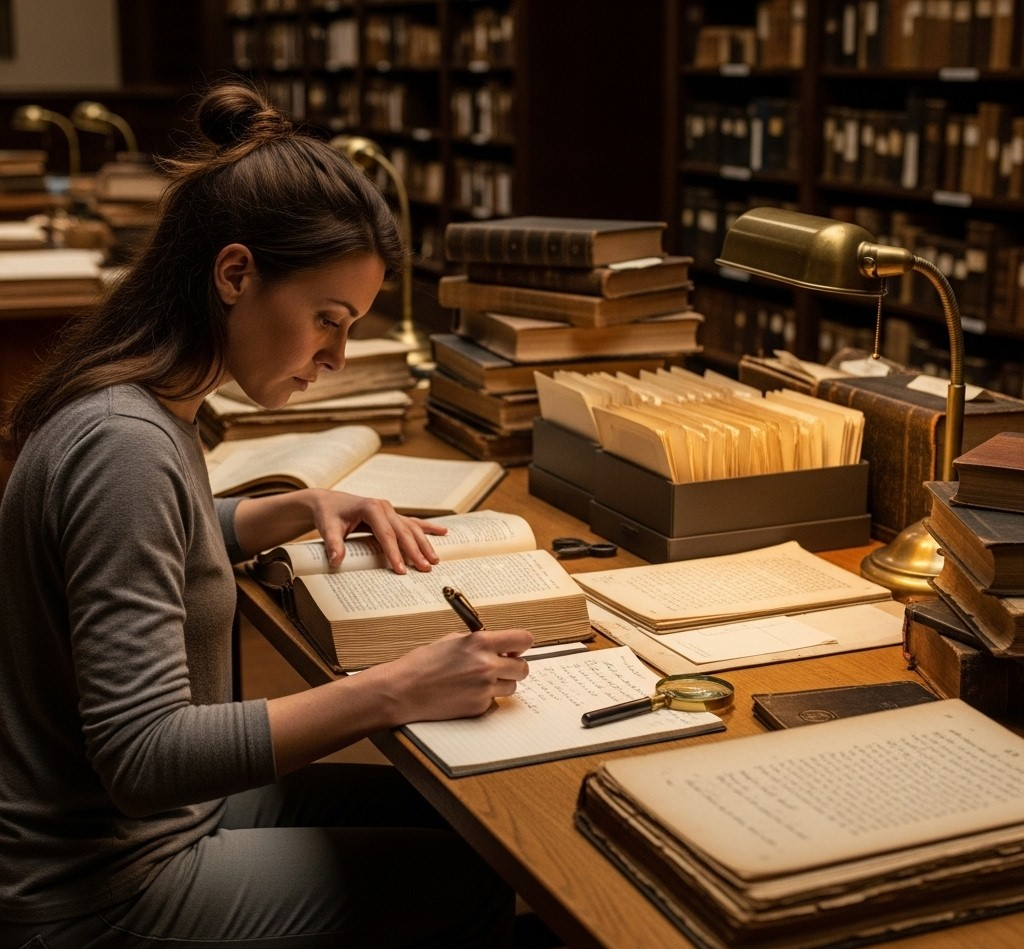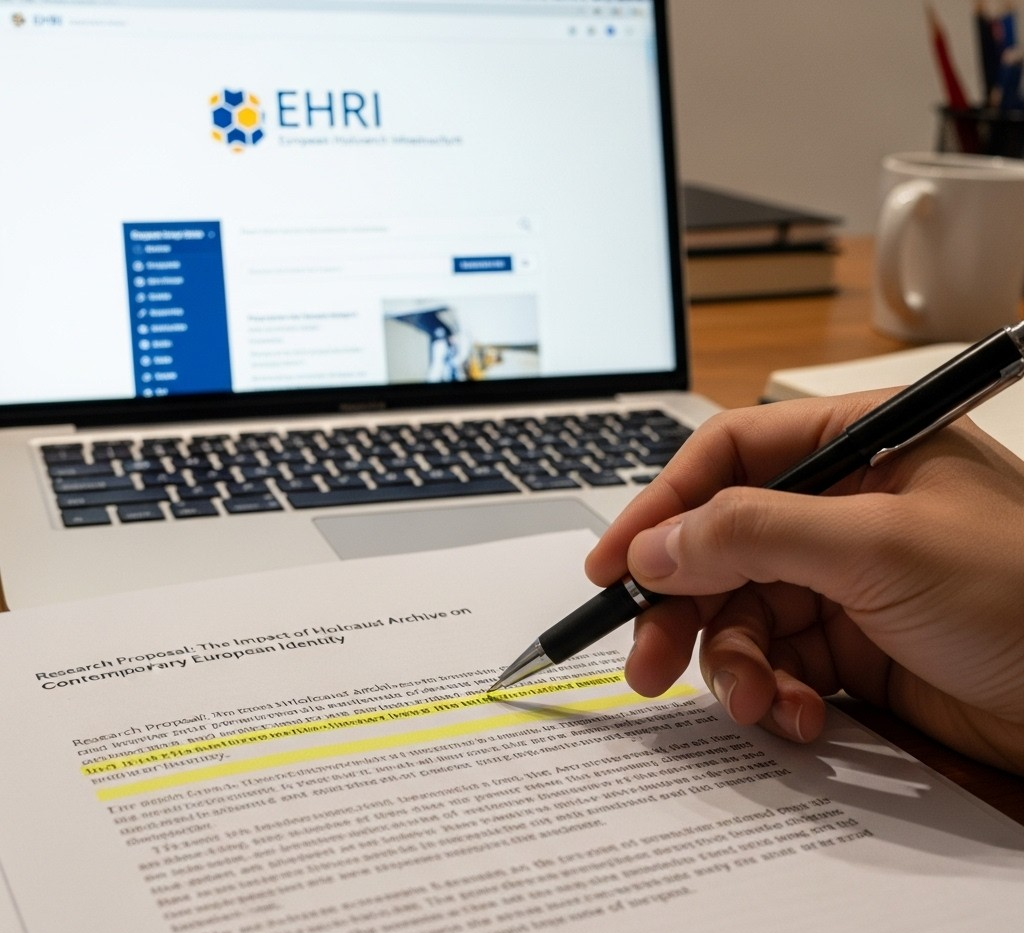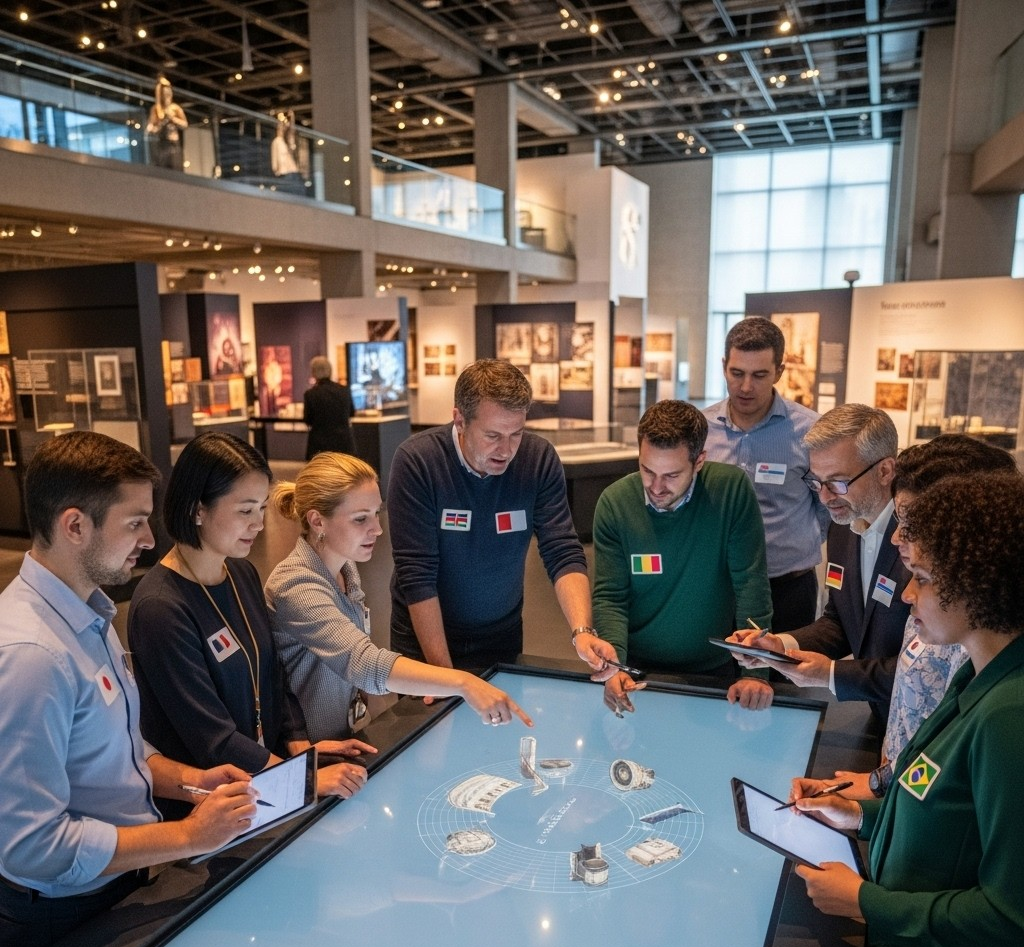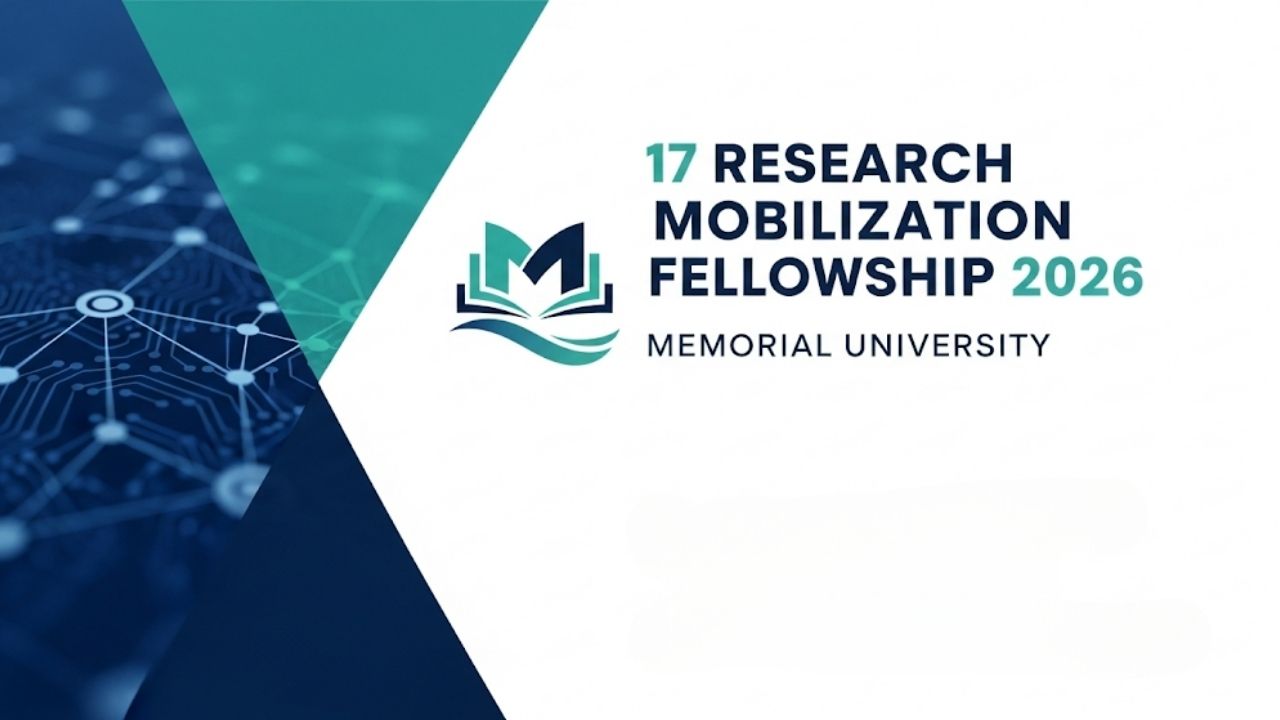Securing a prestigious fellowship is a significant milestone for any researcher, and the EHRI ERIC Conny Kristel Fellowships 2025 offer a unique opportunity to deepen your work in Holocaust studies. If you’re a researcher, archivist, curator, or other professional whose work is connected to the Holocaust and its history, this fellowship can provide unparalleled access to critical archival materials and the expertise of leading institutions. This guide is designed to walk you through the application process with clarity and confidence, helping you prepare a compelling application that stands out.

What are the EHRI ERIC Conny Kristel Fellowships?
The European Holocaust Research Infrastructure (EHRI) is a major international initiative that seeks to overcome the fragmentation of Holocaust research by connecting dispersed sources, institutions, and people. The Conny Kristel Fellowship Programme is a core part of this mission. It is a competitive program that provides funding for professionals to conduct short-term research stays at one of EHRI’s partner institutions. These fellowships are a tribute to the late historian and first director of EHRI, Conny Kristel, and are designed to support and stimulate new research and documentation in the field.
The program’s primary objective is to facilitate international access to an extensive network of key archives and collections, as well as to archival and digital humanities expertise. As an EHRI-ERIC Conny Kristel Fellowship holder, you’ll be able to immerse yourself in invaluable resources, collaborate with experts, and advance a project that contributes meaningfully to Holocaust research.
Who is the Ideal Candidate for the Fellowship?
The EHRI ERIC Conny Kristel Fellowships 2025 are designed for a broad range of professionals, not just academics. The program welcomes applications from:
- Researchers (at all career stages, but especially early-career professionals like PhD students)
- Archivists
- Librarians
- Curators
- Other relevant professionals
Projects can relate to the Holocaust in its broadest sense, which includes its prehistory, aftermath, the role of antisemitism before, during, and after World War II, and challenges related to the archival management of Holocaust-related sources.
A key eligibility criterion is the transnational nature of the fellowship. As stated on the official EHRI website, you cannot apply for a fellowship at an institution in the same country where you usually reside. This rule ensures that the program fosters international collaboration and gives you access to sources you might not otherwise be able to reach.
Unpacking the Application Process: Your EHRI ERIC Conny Kristel Fellowships 2025 Guide
The application for a fellowship can feel daunting, but breaking it down into manageable steps makes the process much less intimidating. From my experience advising students, the most successful applicants are those who are meticulously organized and who begin their preparations well in advance of the deadline.
1. Crafting a Winning Project Proposal
This is arguably the most critical component of your application. Your project proposal is where you convince the review panel that your research is not only compelling but also uniquely suited to an EHRI fellowship.
- Be Specific and Feasible: Clearly define your research questions, objectives, and methodology. The panel needs to understand exactly what you plan to do and how you will achieve it. Make sure your project is feasible within the fellowship’s duration (typically 1–6 weeks).
- Justify Your Host Institution Choice: This is crucial. Your proposal must clearly explain why you need to access the specific collections or expertise available at your chosen EHRI host institution. It’s not enough to say you want to study at a particular place; you must demonstrate a compelling, project-driven reason.
- Highlight Originality and Impact: The review criteria for the fellowship explicitly look for projects that are “original and innovative” and have “potential impact on the field” of Holocaust studies. Articulate how your work will contribute something new, whether it’s a new perspective, a digital methodology, or a new understanding of a historical event.
- Plan for Dissemination: How will you share your findings? The EHRI website mentions that fellows are encouraged to contribute to the EHRI Document Blog and present their research. Having a clear plan for disseminating your work shows you are thinking beyond the fellowship itself.

2. Gathering Your Supporting Documents
The EHRI fellowship application requires several key documents to be submitted in English. While the specific requirements can vary, they typically include:
- A Completed Application Form: This will contain your personal and project details.
- A Detailed Research Proposal: As discussed above, this is your chance to shine. The official application materials typically specify a word count (e.g., a maximum of 1,500 words).
- Curriculum Vitae (CV): Keep this concise and relevant, usually a maximum of two pages.
- Letter of Recommendation: You’ll need at least one letter from a reputable academic or professional who can evaluate the quality of your proposed research and your work. It’s best to reach out to your recommenders early to give them ample time to write a strong, detailed letter.
3. Understanding the Financials
The Conny Kristel Fellowships are fully funded opportunities, providing a valuable contribution to your research. The fellowships include a flat-rate stipend to cover housing and living expenses, as well as the reimbursement of reasonable travel costs to and from the host institution.
It’s important to note that you will be responsible for making your own travel and visa arrangements if required. The stipend is intended to be a contribution toward living costs, and you will not be required to report on how you spend it. I’ve seen many successful applicants appreciate this flexibility, as it allows them to focus solely on their research without financial worry.

4. The Final Submission
The deadline for the EHRI ERIC Conny Kristel Fellowships 2025 is 28 September 2025, midnight CET. Be sure to submit all your materials in English and well before this deadline. A late submission, no matter how strong the content, will not be considered. After submission, applications are reviewed by an expert panel against the criteria of quality, originality, impact, and the suitability of the proposed host institution.
Final Encouragement: Your Contribution Matters
Holocaust research is an ongoing, vital field that contributes to our understanding of human history and our shared commitment to a more just future. The EHRI ERIC Conny Kristel Fellowships 2025 are not just about personal career advancement; they are about supporting this critical work.
A Scholar’s Blueprint for the Obermann International Fellowships (OIF) 2026
Your Gateway to Advanced Research: Lisbon ICS-ULisboa Advanced Studies Fellowship 2025
FAQ
Q1: What are the key objectives of the Conny Kristel Fellowship Programme?
A1: The program’s main objective is to support and stimulate Holocaust research by giving international access to key archives, collections, and expertise in archival and digital humanities. It aims to foster transnational collaboration and new scholarship.
Q2: Can I apply if I am not a PhD student?
A2: Yes, absolutely. The fellowship is open to researchers, archivists, librarians, curators, and other professionals at all career stages. While early-career practitioners are particularly encouraged to apply, the program is not limited to them.
Q3: How long do the fellowships last?
A3: The fellowships typically fund research stays of 1 to 6 weeks at an EHRI partner institution. The duration is designed to be short-term and highly focused on specific archival access.
Q4: Where are the host institutions located?
A4: EHRI has a network of partner institutions across Europe, the United States, and Israel. The specific list of participating institutions can be found on the official EHRI website when the call for applications is announced.










